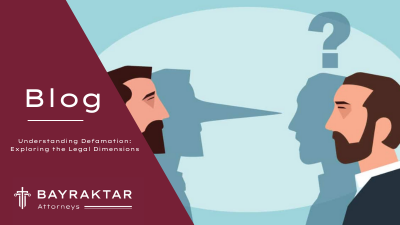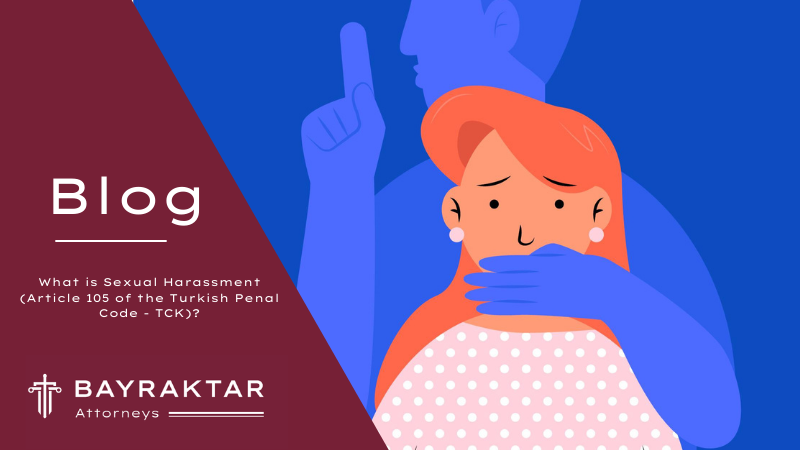
Understanding Defamation in Turkey
Defamation, a term often heard but not always understood, carries significant legal implications.
In essence, it refers to any concrete action, verbal or written, that tarnishes the honor, dignity, or reputation of an individual.
Let’s delve into the intricacies of this crime and its implications under the Turkish legal framework.
Exploring the Offense
The Turkish Penal Code, under Article 125, delves into the crime of “Insult,” encompassing both simple and qualified forms of defamation. Particularly noteworthy are instances where defamation escalates into aggravated offenses, inviting harsher penalties.
For instance, if the defamation targets a public official in the line of duty, the minimum punishment prescribed is one year. Similarly, any act defaming one’s religious, political, or philosophical beliefs, or insulting sacred values, carries a minimum penalty of one year’s imprisonment.
Navigating the Legal Terrain
In the realm of legal proceedings, a defamation offense requires a formal complaint from the victim within a stipulated timeframe of six months. Failure to lodge a complaint within this window extinguishes the right to pursue legal action.
Following an incident of defamation, the aggrieved party can approach the Public Prosecutor’s Office to initiate proceedings. Notably, defamation against the President warrants distinct legal treatment, attracting imprisonment ranging from one to four years, indicative of its aggravated nature.
Proving Defamation: Unveiling the Evidence
Establishing a case of defamation demands meticulous collection of evidence. Typically, verbal or written expressions constitute the crux of the offense. Central to the legal argument are elements such as an attack on honor or dignity and the societal recognition of the victim’s standing.
Eyewitness testimonies play a pivotal role, corroborating the occurrence of slanderous or demeaning expressions. Additionally, tangible evidence in the form of messages, emails, or social media posts can substantiate the claim.
In certain instances, expert opinions from psychologists or communication specialists may lend credence to the severity of the offense. Moreover, documenting the emotional toll on the victim further bolsters the case’s gravity.
Navigating Legal Procedures
Following a defamation incident, legal proceedings kick off with an investigative phase. Prosecution procedures entail evidence gathering to substantiate the offense. Detention provisions may be invoked to secure suspects temporarily, preventing evidence tampering.
Arrest measures, tailored to the gravity of the crime, ensure procedural integrity and public safety. The Reconciliation Institution offers an avenue for resolving disputes amicably, particularly in minor offenses.
In Conclusion
Defamation, with its multifaceted legal implications, underscores the importance of upholding justice and societal order. The legal apparatus, comprising prosecution procedures, detention provisions, and reconciliation mechanisms, reinforces the bedrock of our legal system.
While this discourse provides insights into defamation within the Turkish legal context, seeking specialized legal counsel is imperative for tailored advice. Defamation cases demand meticulous attention to detail, underscoring the significance of professional guidance.






